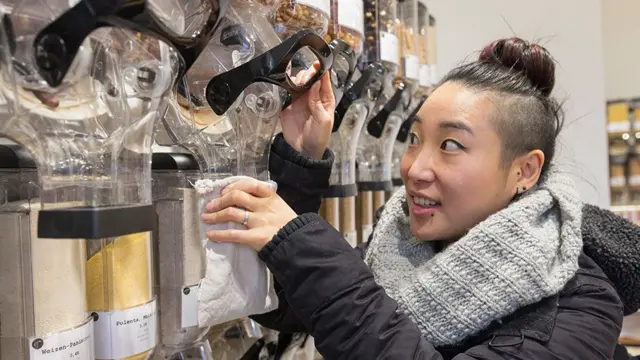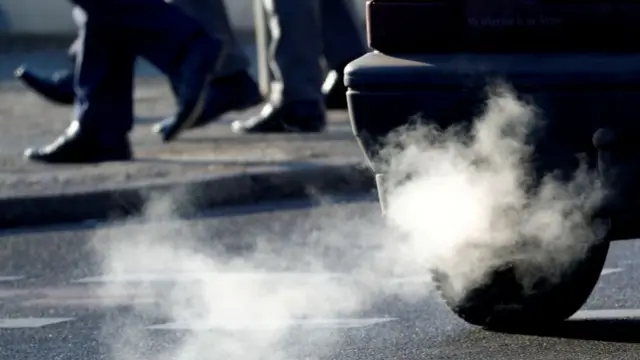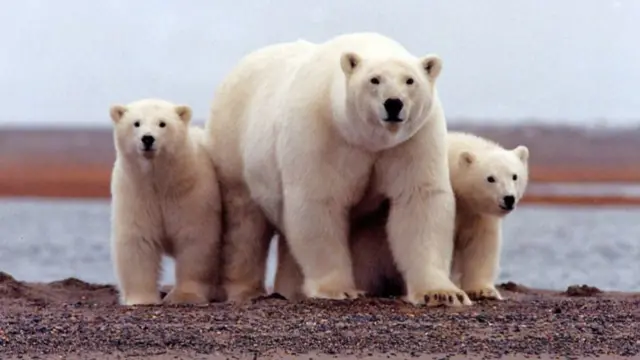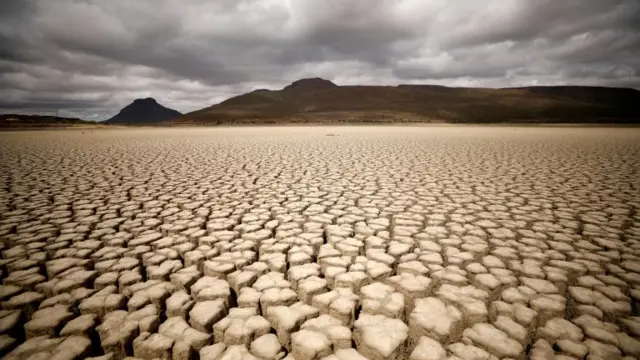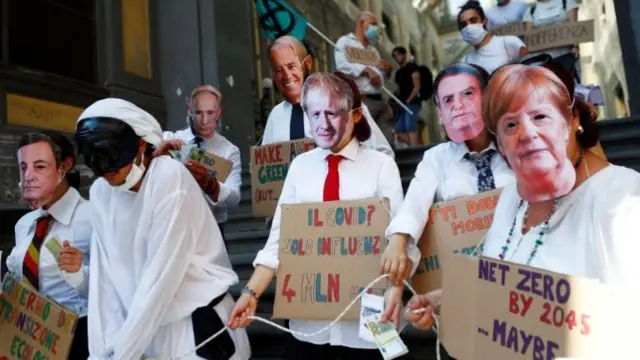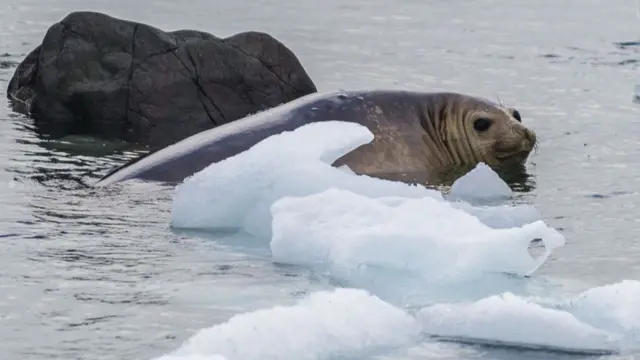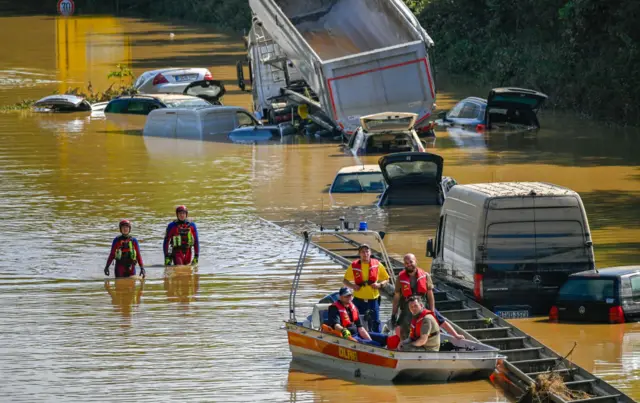Aggressive climate action needed, US envoy sayspublished at 11:37 BST 9 August 2021
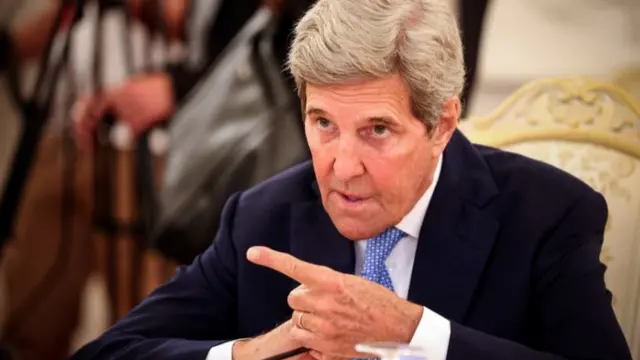 Image source, Reuters
Image source, ReutersJohn Kerry, the US special presidential envoy for climate, has reacted to the IPCC report, saying the "world requires real action".
"The impacts of the climate crisis, from extreme heat to wildfires, to intense rainfall and flooding, will only continue to intensify unless we choose another course for ourselves and generations to come," he said.
"All major economies must commit to aggressive climate action during this critical decade."
Former US vice-president Al Gore, a climate campaigner, also warned that governments need to take urgent action.
"Scientists have been sounding the alarm on the climate crisis for decades, and for decades we have hit the 'snooze' button, delaying action and turning a blind eye to its increasingly devastating impacts," he said.
"Now is the time for world leaders to finally wake up and take action. We cannot wait any longer."
